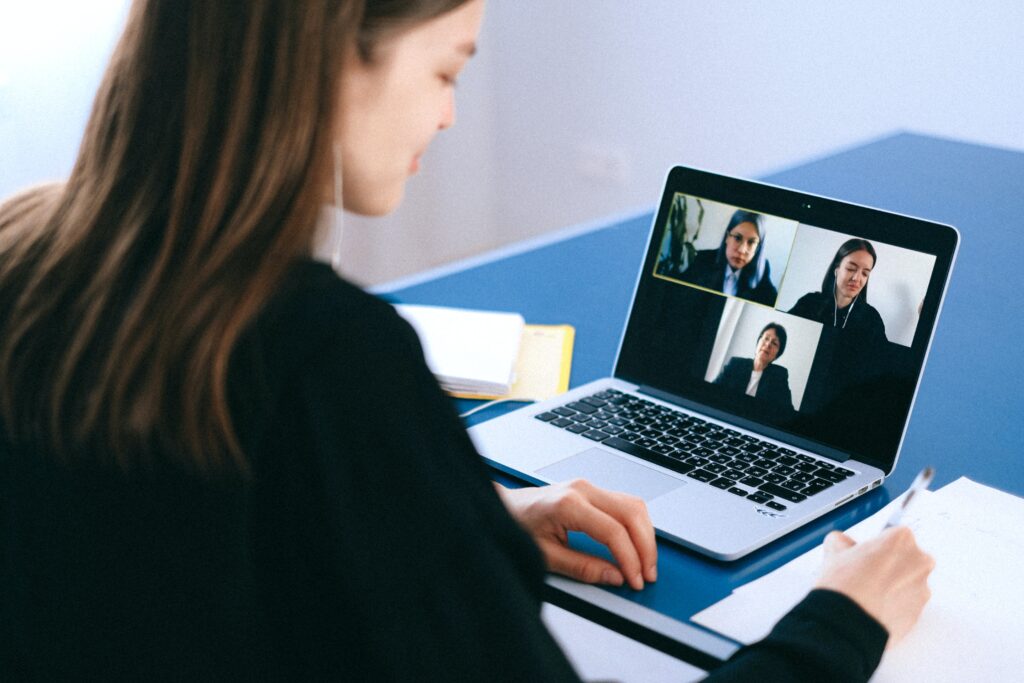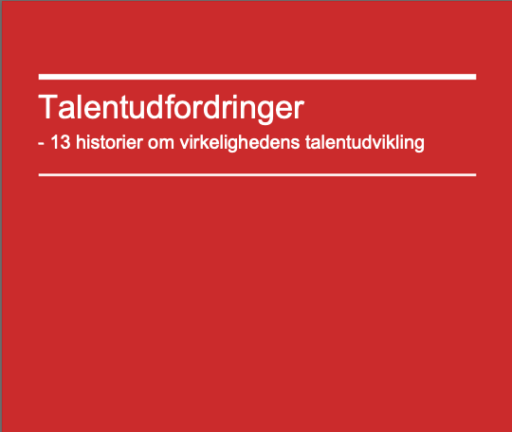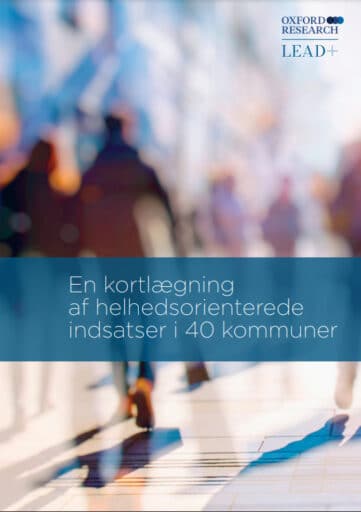In this report, you can read about why the crisis is not a one-off, what societies, institutions and organizations can learn from it - and how we can use it to create a better future.
Introduction
"Covid-19 is one of the most significant challenges of our time globally. The expiration date of the pandemic is unknown. The only certainty is that crises come and go. It is therefore crucial that we at all levels of society, institutions and organizations build and develop our capacity to learn to act in new realities and to deal with uncertainty and change. This is difficult in our busy lives, because it requires us to prioritize understanding and learning from the crisis. When we work systematically to learn from the crisis, we discover both our strengths and weaknesses. This is valuable in itself, but it becomes really interesting when we look ahead and together create images of how we will fare in different future scenarios based on external influences and with the opportunities and limitations we have. It inspires new actions in a particular situation. The COVID-19 crisis is perceived as unique, but crises are far from new phenomena. This fact calls for us to look back. This historical perspective is important because it gives us access to some of the experiences that generations before us have had during pandemics - for better or worse. If we don't know the past, we will be doomed to repeat it. At the same time, history is not just about the past, but about creating mental images that can inspire us and help us to put things into perspective and look at our own handling of Covid-19 from a new angle.
Ultimately, it's about building resilience together. We don't know what tomorrow will bring, but we have a responsibility to ensure that we are sustainably ready as individuals, organizations and societies. It's not just about getting back to business as usual, it's about getting back better. On the following pages, we dive into three different professional angles that address these very themes.
We start with a historical perspective on pandemics and what we can learn from them. Then we switch to psychology and political science and look at what characterizes individuals, organizations and societies that are not knocked out by crises. Finally, we look at how to work purposefully with scenarios for the future with the goal of strengthening the collective imagination."
Click on the following link to read more or download the white paper - Covid-19 in perspective by Kristian Dahl, Poul Duedahl, Sune Gudiksen, Lene Tanggaard, Jeanette Varberg and George Wright.




